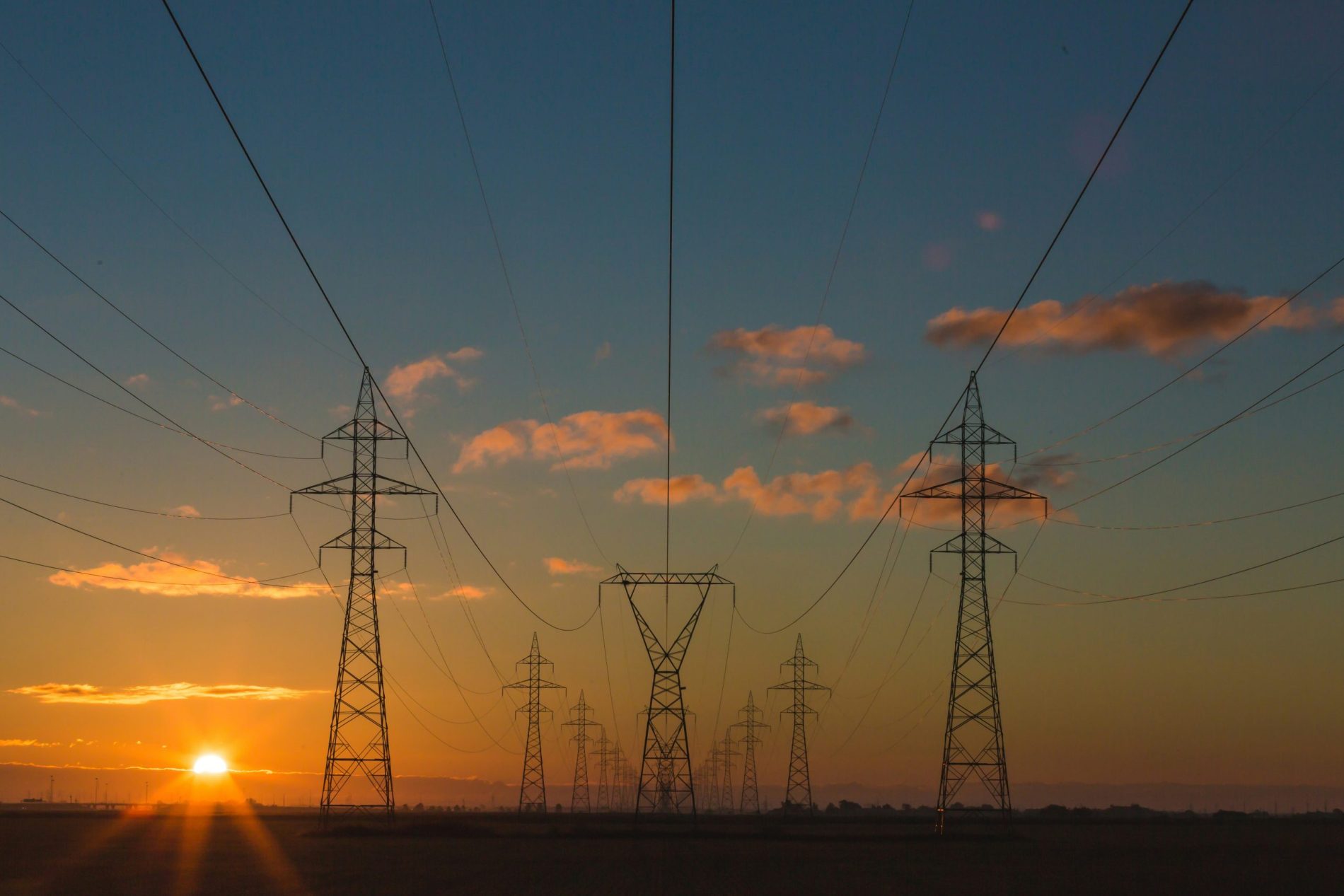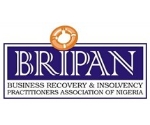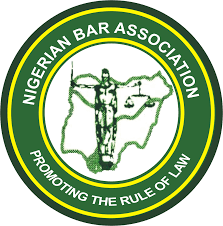The Lagos State Electricity Law 2024: A Legal Framework for Energy Autonomy and Economic Transformation
The enactment of the Lagos State Electricity Law (LSEL) on December 3, 2024, marks a watershed moment in Nigeria’s energy sector. By granting Lagos State the authority to regulate, generate, transmit, and distribute electricity within its territory, this legislation represents a bold departure from the centralized model that has left Nigeria with chronic power shortages. Against the backdrop of a national grid that collapsed six times in 2024 alone, the LSEL emerges as both a pragmatic solution to Lagos’s energy crisis and a potential blueprint for subnational energy reform across Nigeria.
Constitutional and Legislative Context
The LSEL derives its constitutional validity from the Fifth Alteration Act No. 33 of 2023, which amended the Second Schedule of the Nigerian Constitution to include electricity regulation in the Concurrent Legislative List. This constitutional amendment, coupled with the Federal Electricity Act 2023, provides the legal foundation for states to establish their own electricity markets. The LSEL supersedes the Lagos State Electric Power Sector Reform Law of 2018, introducing a more comprehensive regulatory framework through the creation of the Lagos Electricity Market (LEM).
Regulatory Architecture and Market Design
At the heart of the LSEL is the establishment of two key institutions: the Lagos State Electricity Regulatory Commission (LASERC) and the Lagos State Electrification Agency (LSEA). LASERC assumes primary responsibility for licensing, tariff regulation, and market oversight, while the LSEA focuses on expanding electricity access to underserved communities. This split regulatory approach reflects an understanding that energy access and market efficiency require distinct but complementary governance structures.
The LSEL establishes LASERC’s regulatory authority over Lagos’s electricity market, but its implementation requires careful coordination with federal agencies like the National Electricity Regulatory Commission (NERC) and Nigerian Electricity Management Services Agency (NEMSA) to prevent jurisdictional conflicts and regulatory overlap.
Licensing Regime and Tariff Policy
The LSEL requires licensing for all generation, transmission, or distribution operations above 1MW, with existing federal licensees operational until permit expiration. This transition maintains stability while affirming state authority. Crucially, LASERC must develop balanced tariffs through a transparent process that attracts investment while ensuring fair consumer pricing.
Operational Standards and Enforcement Mechanisms
Recognizing that effective regulation requires robust enforcement, the LSEL establishes clear performance standards for market participants and creates a specialized Power Enforcement Unit to combat electricity theft and infrastructure vandalism. These provisions address two of the most persistent challenges in Nigeria’s electricity sector: non-technical losses and the deterioration of critical infrastructure.
The law also institutes a consumer complaint resolution mechanism, marking an important step toward accountability in a sector where end-users have historically had limited recourse against service failures. However, the efficacy of these protections will hinge on LASERC’s institutional capacity and their ability to enforce penalties without creating an overly adversarial regulatory environment.
Renewable Energy and Grid Extension
The LSEL’s progressive provisions promote decentralized renewable energy through streamlined mini-grid licensing and incentives for solar, wind, and small hydro projects. This forward-looking approach aligns with global energy transitions while leveraging Lagos’ potential to bypass conventional grid expansion in remote areas.
Through the LSEA, the law addresses uneven energy access by prioritizing off-grid solutions, a cost-effective alternative to traditional grid extension for underserved communities.
Investor Protections and Dispute Resolution
Understanding that private capital is essential to achieving its ambitious energy goals, the LSEL incorporates several investor protection measures. These include a specialized dispute resolution mechanism and provisions ensuring fair treatment of private participants in the electricity market. The law’s requirement for generation companies to contribute to a Community Trust Fund represents an innovative approach to social license, though its implementation will require careful oversight to ensure transparency and prevent misuse.
The Road Ahead
The LSEL fundamentally reshapes electricity governance in Nigeria’s economic hub. Successful implementation hinges on three critical factors: LASERC’s technical capacity building, resolution of federal-state jurisdictional conflicts, and private sector confidence in the new regulatory environment.
This legislation offers a pivotal case study in Nigerian energy federalism, with nationwide implications as other states observe its progress. For investors, while transitional uncertainties exist, the long-term promise of stable, localized power supply presents compelling opportunities, particularly for energy-intensive industries.
Realizing the LSEL’s full potential demands coordinated action across government, business and civil society. Though challenging, effective execution could transform not only Lagos’ energy sector but Nigeria’s entire economic outlook.
Berkeley Legal is a leading full-service business law firm in Nigeria. We provide comprehensive and sophisticated range of specialized and personalized legal services that are designed to meet the various needs of a highly diversified local and international businesses.
If you would like to know more about the Legal Framework for Energy Autonomy and Economic Transformation, please contact info@berkeleylp.com.
The information provided in this article is for general informational purposes only and does not constitute legal advice.







